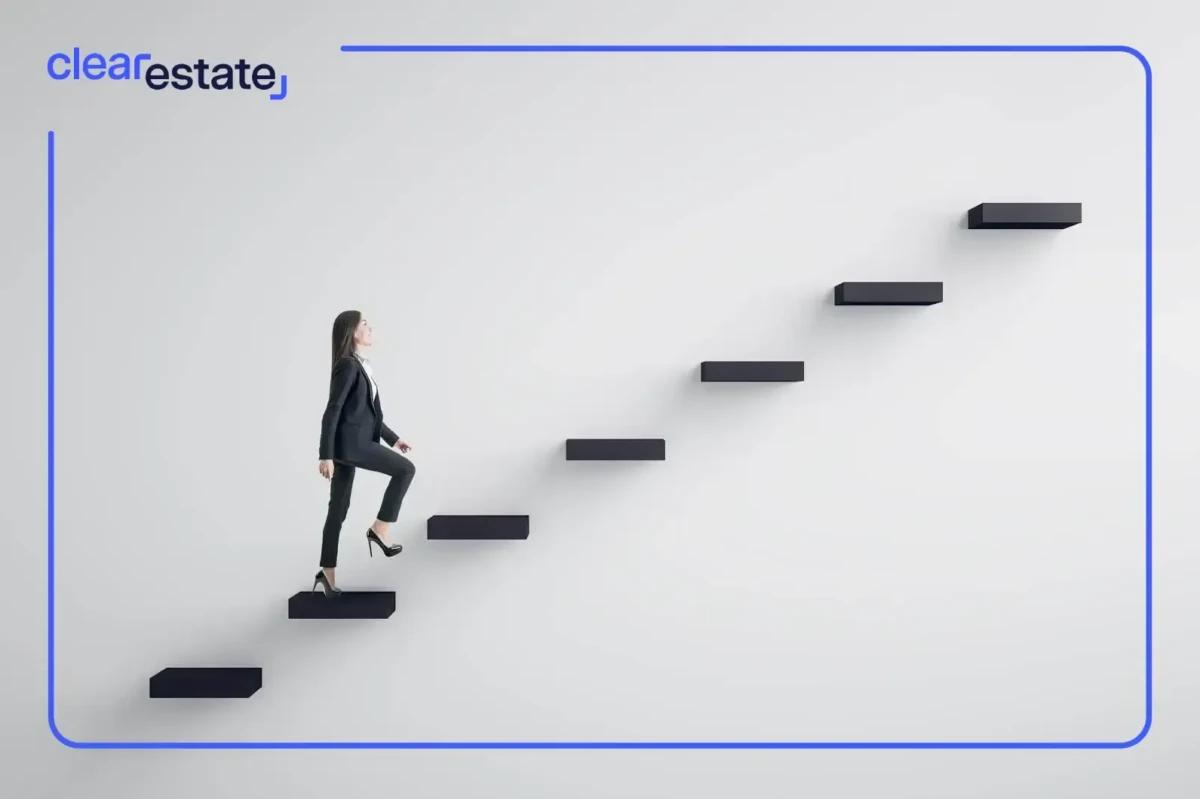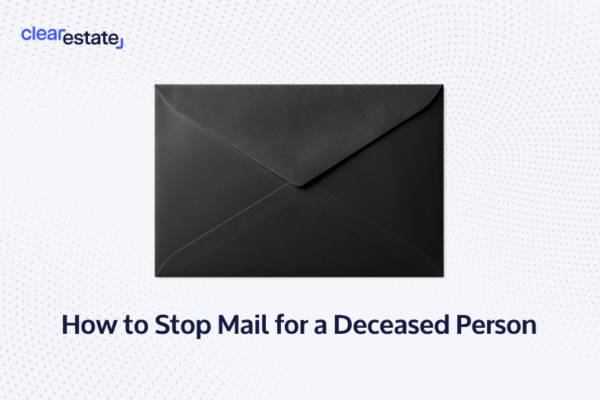Is Probate Needed?
At this point, you can determine whether you have to go through the probate process. Many assets, known as non-probate assets, do not have to go through probate. These assets include life insurance policies, retirement accounts, and assets with named beneficiaries. Real estate owned in joint tenancy also defaults to the surviving joint owners and does not need to undergo probate.
Arizona has an exemption for estates with less than $100,000 in real estate and $75,000 a personal property. The so-called small state exception allows the property to transfer to heirs without going through probate.
There are a few more hurdles to jump through prior to distributing the remaining assets in the estate. For example, if you are not a licensed fiduciary, you have to go through training in order to act as an estate executor. You may have to seek a waiver of bond proving that all interested parties are in favor of you representing the estate. The executor also needs to file the appropriate documents to apply to represent the estate.





